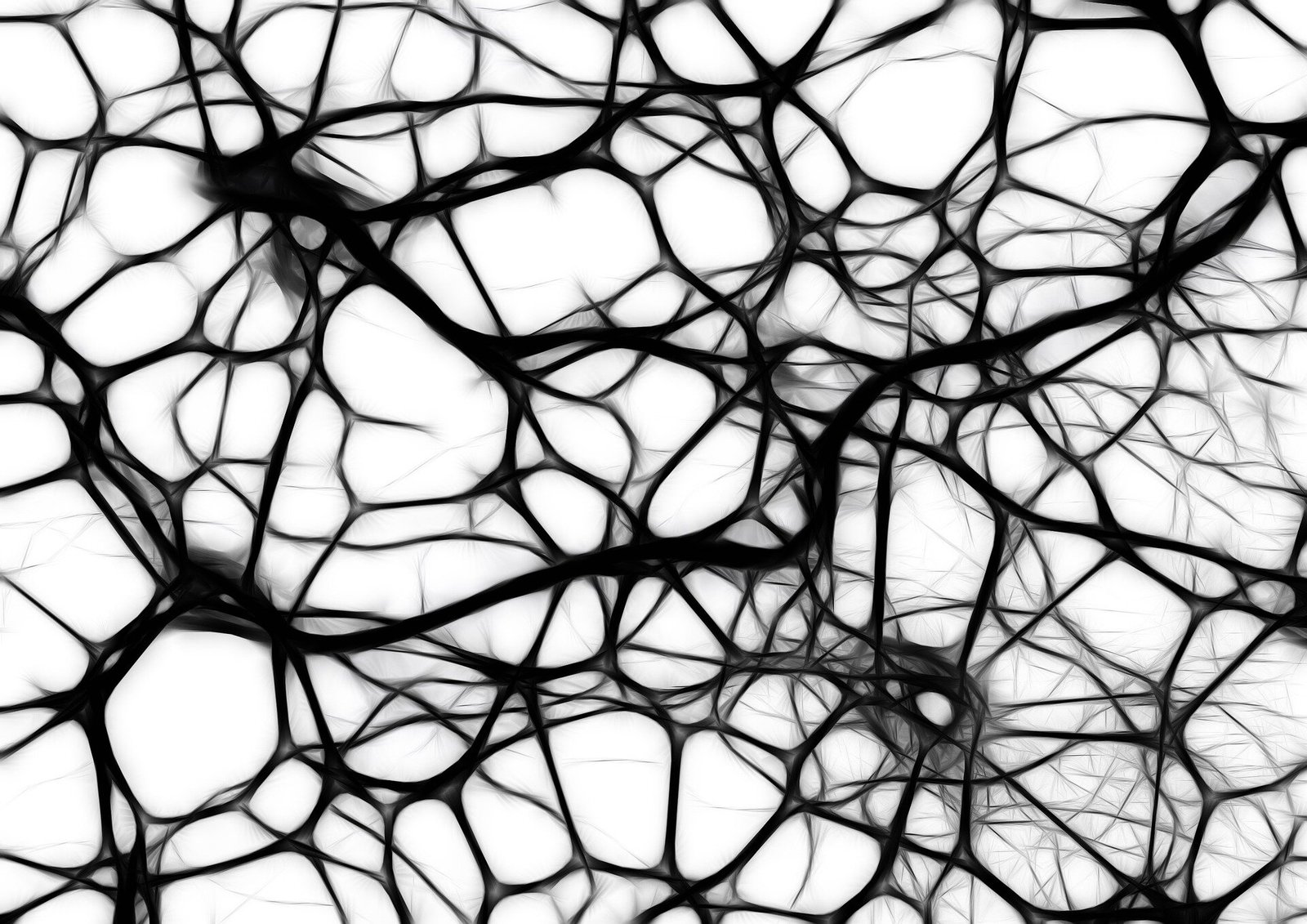A team of researchers at Kobe Gakuin University in Japan have genetically engineered insulin-fused proteins capable of targeting hippocampal neurons. The innovative technique capitalizes on insulin’s natural tendency to accumulate in the hippocampal neuronal tissue. This new approach could unlock existing treatments for neurodegenerative disorders such as Alzheimer’s disease by allowing existing drugs to be delivered on target.
The hippocampus is a brain region heavily involved in memory and learning and is one of the first brain regions affected by Alzheimer’s, leading to memory loss and cognitive decline.
Current drug candidates have difficulty reaching the hippocampus due to the protective nature of the blood-brain barrier (BBB). Getting past the BBB requires either highly invasive surgical procedures (needles into the brain or spine) or methods that have limited absorption rates. For a drug delivery that does not rate invasive surgery, the challenge is to deliver enough of the drug to have an effect, with low absorption limiting potentially effective treatment options.
To overcome this challenge, the team created hippocampal neuron–targeting (Ht) proteins by genetically fusing insulin subunits with therapeutic proteins. These have similar issues navigating past the BBB, but once they cross, they can deliver the drug cargo directly to the affected neurons, making even a low-absorption scenario effective.
Experiments detailed in their paper, “Insulin-inspired hippocampal neuron–targeting technology for protein drug delivery,” published in Proceedings of the National Academy of Sciences, explain how cultured hippocampal neurons engulfed insulin and Ht proteins by cleverly using the body’s existing cellular uptake system.
The insulin subunits of the fused proteins take advantage of hippocampal neurons having more insulin receptors than other types of brain cells. The binding of Ht proteins to the insulin receptor activates the same signaling pathways as insulin. This activation leads to enhanced macropinocytosis (cellular uptake), allowing more Ht proteins (and any fused therapeutic cargo) to be taken in by the hippocampal neuronal tissue.
The presence of cysteine residues was also found to be crucial for initiating the delivery mechanism. An insulin B chain mutant demonstrated the highest efficiency in transporting the cargo proteins into neurons.
Animal studies reinforced the findings with Ht proteins accumulating specifically in the hippocampal neuronal layers of mice after treatment. To confirm the pathway, the researchers repeated the experiment with the addition of a macropinocytosis inhibitor. Here, they found reduced uptake of Ht proteins, confirming the pathway’s involvement.
“Unlike other techniques, our hippocampal neuron–targeting technology (or HiNT) can deliver drugs more safely and specifically to hippocampal neurons,” the researchers stated in their paper. “Importantly, HiNT will contribute to maximizing the therapeutic potential of various biological drugs for Alzheimer’s disease and other neurodegenerative disorders.”
Future studies plan to explore the clinical applications of the HiNT delivery system with a focus on finding the most effective and least invasive method required to get it past the blood-brain barrier.
More information:
Noriyasu Kamei et al, Insulin-inspired hippocampal neuron–targeting technology for protein drug delivery, Proceedings of the National Academy of Sciences (2024). DOI: 10.1073/pnas.2407936121
© 2024 Science X Network
Citation:
Targeting hippocampal neurons to unlock existing Alzheimer’s drugs (2024, October 12)
retrieved 12 October 2024
from https://medicalxpress.com/news/2024-10-hippocampal-neurons-alzheimer-drugs.html
This document is subject to copyright. Apart from any fair dealing for the purpose of private study or research, no
part may be reproduced without the written permission. The content is provided for information purposes only.

